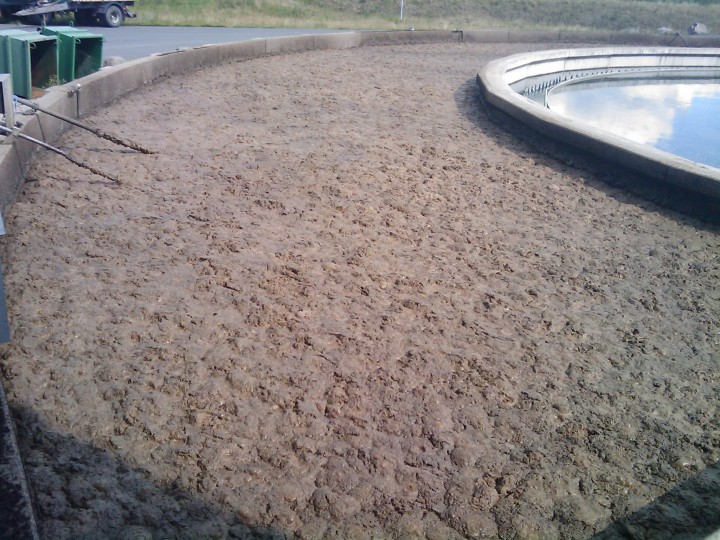Synthesis document for the thematic discussion Testing Sewage for Early Warnings about COVID-19 Jacob, N. (2020)
Research from past epidemics of the severe acute respiratory syndrome (SARS) caused by coronaviruses has suggested viruses are excreted in stools by infected human beings. They have been detected in sewage. Mapping where they were found can help determine if there were infections in a geographic area. This method has been used to keep tabs on polio and use of drugs, especially cocaine.
Traces of the Corona virus have been detected in sewage. As per a guidance document (23rd April 2020) by WHO, there have been no evidence yet to suggest that the SARS–nCOV-2 virus transmitted through treated or untreated sewage is infectious. Tracking sewage for traces of the virus, however, can be one of the proxy indicators to identify where the infection is prevalent.
Surveillance of the Sars-nCov-2 virus that causes COVID-19 can be especially useful for surveillance in densely populated urban residential areas where individual testing and social distancing is difficult. Some such residential areas have community toilets (CTs) connected to a sewer line from where samples can be obtained. This testing can be a sensitive tool to monitor circulation of the virus in a population.
This discussion was set up to elicit inputs to work out an ‘Indian’ protocol to test sewage and develop an action plan based on the evidence to manage COVID-19 infections. Currently, urban local bodies (ULBs) have no alternate means to detect COVID-19 infections other than mass testing/herd testing.
Bibliographic information
Jacob, N. (2020). Synthesis document for the thematic discussion Testing Sewage for Early Warnings about COVID-19
Filter / Tags
Publications by SuSanAJournalistsPractitionersEnglish
Downloads
Synthesis document for the thematic discussion Testing Sewage for Early Warnings about COVID-19
Type: application/pdf
Size: 1.12 MB

